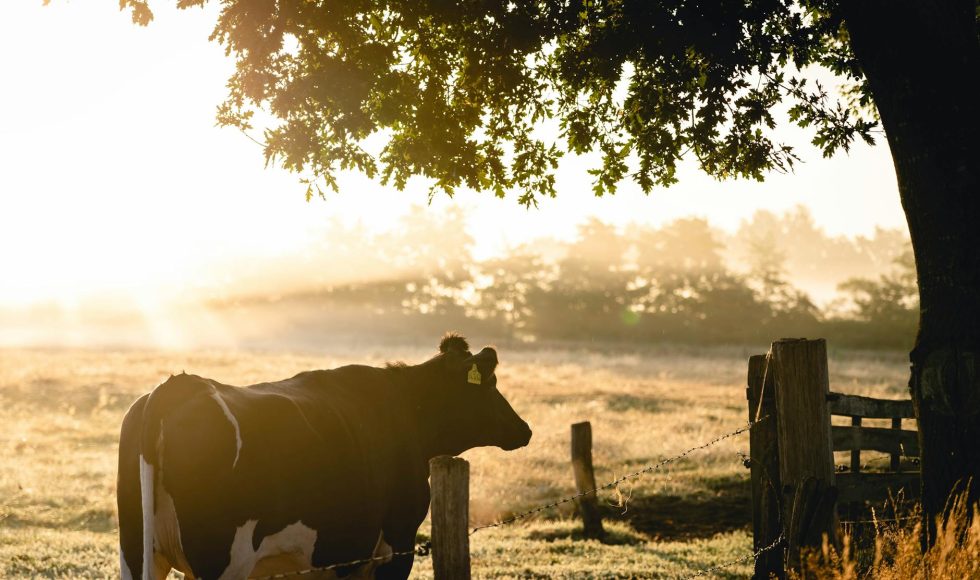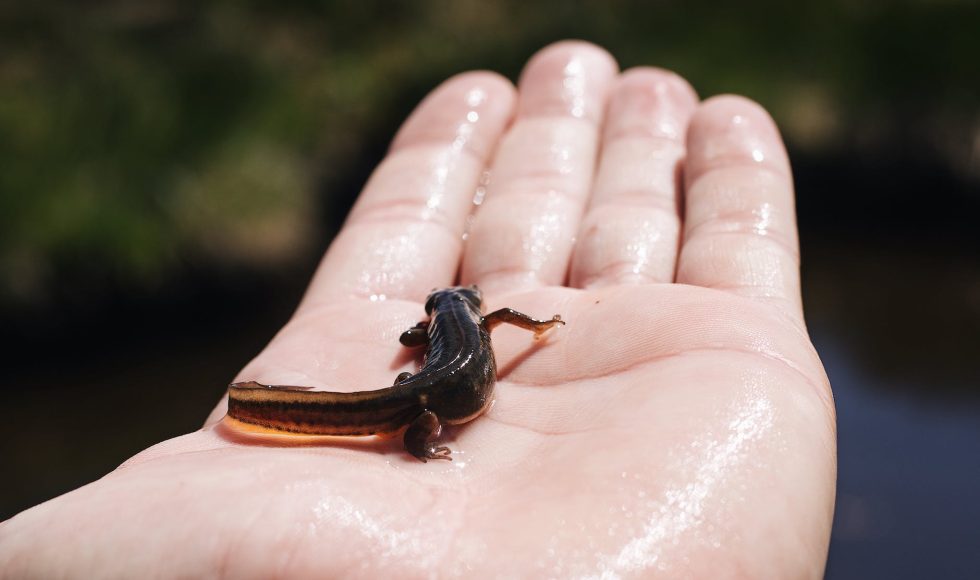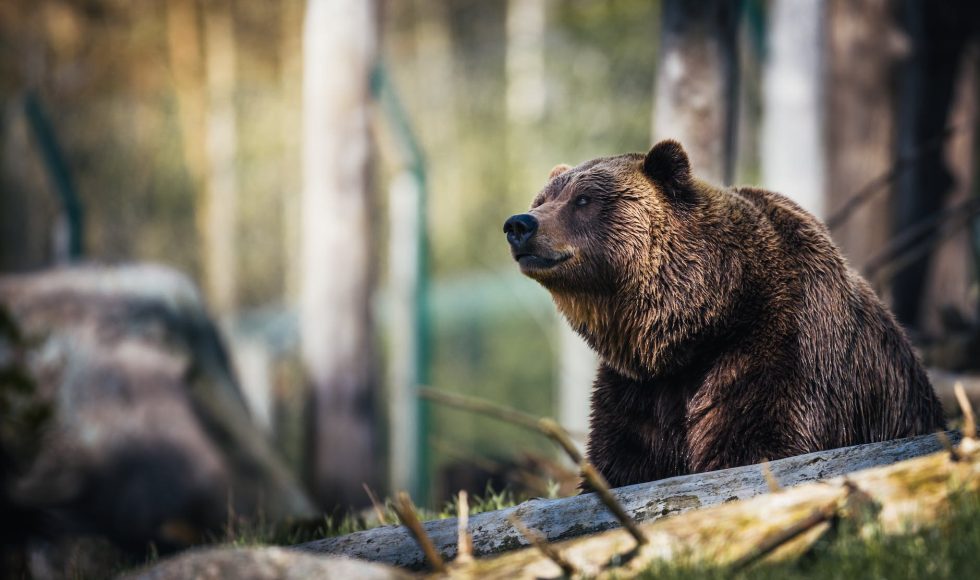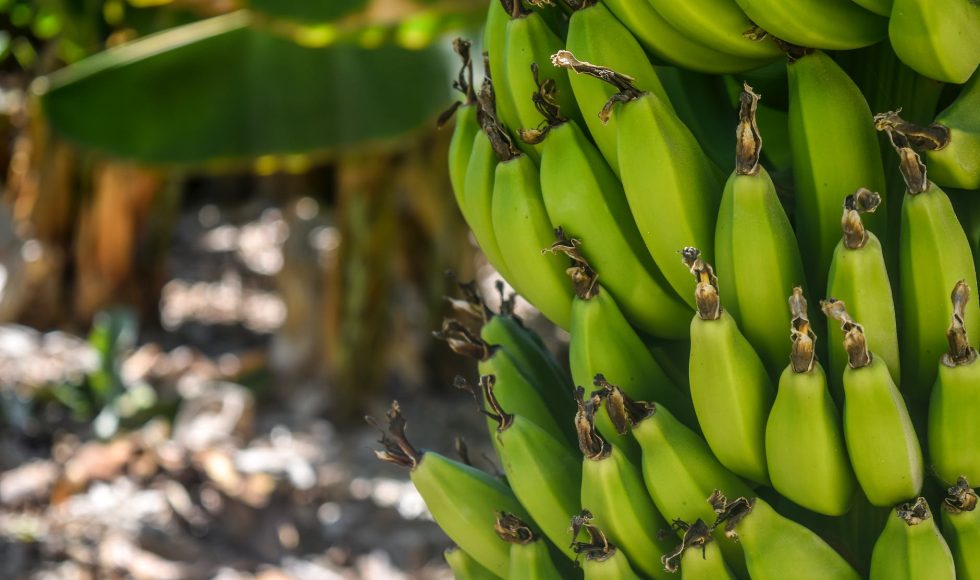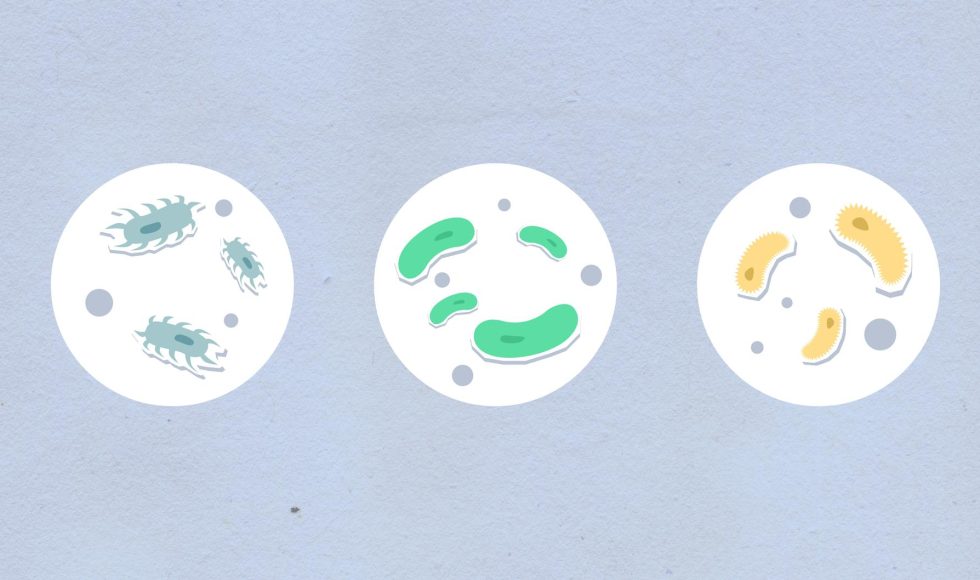“Single-cell full-length nanopore sequencing for quantitative variant analysis of native and genome-edited mitochondria” is the title of the London Calling 2023 lightning talk I watched tonight. The presenter was Mo Li from King Abdullah University of Science and Technology (KAUST) in Saudi Arabia. Li spoke about the human mitochondrial genome (mtDNA) and the challenges in […]
I am continuing to watch the London Calling 2023 on-demand lightning talks. Tonight, I watched the session “Discovering the missing variation: a long-read sequencing study into the structural variation in two dairy breeds” by Tuan Viet Nguyen, a research scientist from Agriculture Victoria in Australia. They spoke about structural variants, defined as genomic variants larger […]
Tonight, I watched a recording from the Nanopore Community Meeting 2021 featuring Alexander Wittenberg from KeyGene in the Netherlands. They presented “Accuracy improvements in crop genome assembly using the Q20+ chemistry.” KeyGene is a crop innovation company, and they are generating new tools for genome assembly and structural variant analysis, among other analyses. They built […]
I continue to watch the YouTube “Assembly” playlist from the Oxford Nanopore Technologies (ONT) channel. Tonight, I watched session #8! Ian Henderson from the University of Cambridge in the UK presented at the Nanopore Community Meeting 2021. The session was titled “Assembling the centromeres – the ‘black holes’ of the genome.” Henderson said the centromeres […]
Alaina Shumate from Johns Hopkins University was a speaker at the Nanopore Community Meeting 2021. Shumate was a graduate student and worked on “The annotation of novel genes in a complete human genome.” They noted that in 2003, scientists “finished” the human genome, but reions were still incomplete. In 2021, the Telomere-to-Telomere (T2T) Consortium was […]
Tomas Marques-Bonet from the Institute of Evolutionary Biology in Spain spoke about the Org.one project at the Nanopore Community Meeting in 2021. The title of the session was “ORG.one: a new program to promote sequencing biodiversity.” They spoke about the mass extinction of species and the need to preserve biodiversity. Marques-Bonet explained how biodiversity genomics […]
The London Calling 2021 session “CanSeq150: high-resolution genomic sequencing and assembly of 150 Canadian species” caught my attention today. Jahanshah Ashkani from Canada’s Michael Smith Genome Sciences Center was the speaker. The goal is to save Canada’s rich biodiversity by sequencing unique species. Loss of biodiversity is an issue: there are over 700 species at […]
Luca Degradi from the University of Milan in Italy presented at London Calling 2021 about “Chromosome-level genome assembly of Fusarium musae using MinION.” They described this organism as a “cross-kingdom pathogen” reported by the HUPLANTcontrol program in Europe. The organism can infect bananas and humans! The first infection seems to have been a human. At […]
Teresa Street from the University of Oxford in the UK presented at the Nanopore Community Meeting 2019 on “Metagenomic nanopore sequencing for analysis of orthopedic device-related infection.” Street spoke about the impact of hip, knee, shoulder, elbow, and ankle replacements and the percentage of revisions due to the suspicion of infection. Further surgeries are often […]
Mads Albertsen, Associate Professor at Aalborg University, presented at the Nanopore Community Meeting 2017 on “Genome-centric metagenomics in the long-read era.” Albertsen talked about how we live in a bacterial world. However, only a small fraction can be grown. Single-cell genomics is challenging. Metagenomics has the potential to separate genomes through binning. Now you can […]



